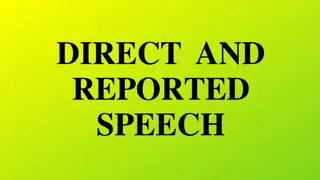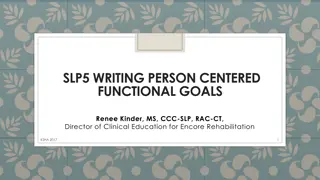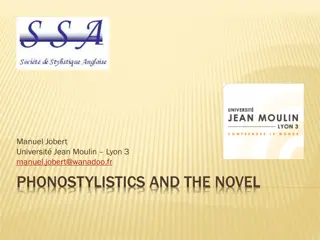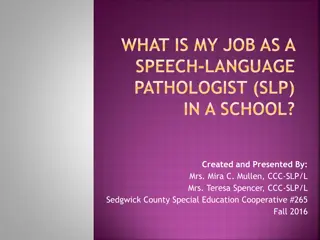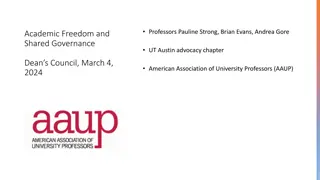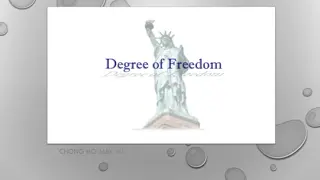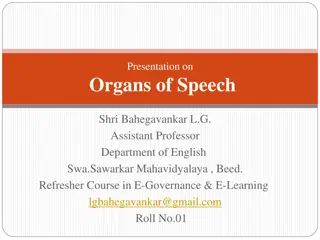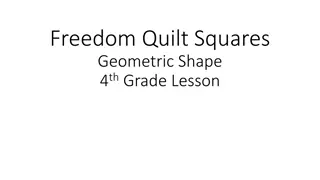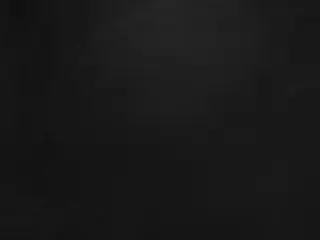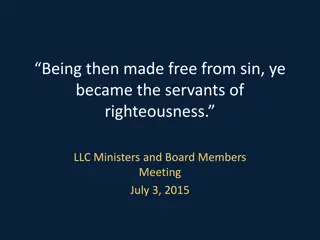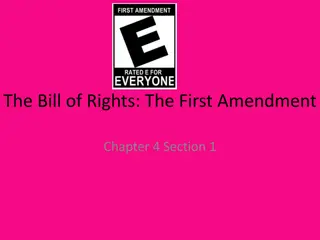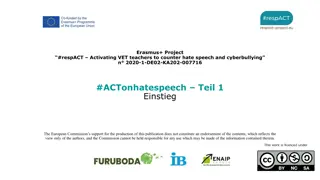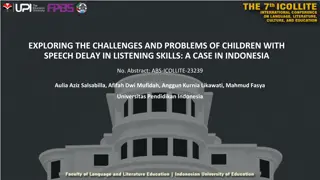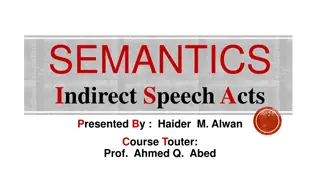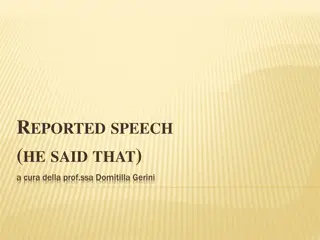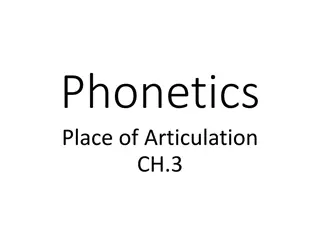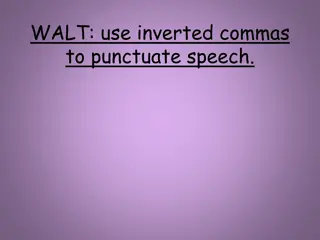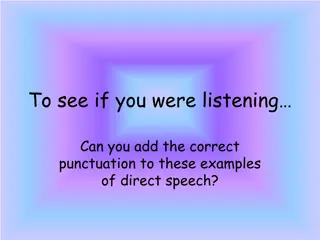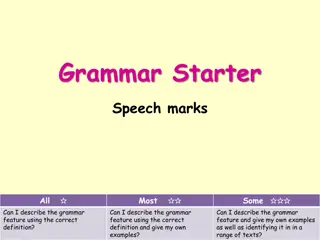Understanding Freedom of Speech at Magicgan State University
The content discusses the importance of upholding the First Amendment at Magicgan State University (MSU) when it comes to working with campus speakers. It provides insights on freedom of speech, regulations, and scenarios where restrictions may apply. The overview emphasizes the significance of maintaining a balance between free expression and ensuring a safe and respectful environment on campus.
Download Presentation

Please find below an Image/Link to download the presentation.
The content on the website is provided AS IS for your information and personal use only. It may not be sold, licensed, or shared on other websites without obtaining consent from the author. Download presentation by click this link. If you encounter any issues during the download, it is possible that the publisher has removed the file from their server.
E N D
Presentation Transcript
Accio First Amendment: Calling Upon Freedom of Speech Committee of Legal Counsel and Student Organizations: Dominique Overman, Eric Kang, Rae Chaloult, & Marissa King
First Amendment 101 Let s get some background information on free speech and bringing speakers to campus...
Congress shall make no law respecting an establishment of religion, or prohibiting the free exercise thereof; or abridging the freedom of speech, or of the press; or the right of the people peaceably to assemble, and to petition the Government for a redress of grievances. - United States Constitution-
You can also split your content Does the First Amendment Apply to MSU? YES IT DOES! Magicgan State University (MSU) is a large, public, M1 magical research institution and must abide to the Constitution and its protections. As a public university, the Constitution, specifically the First Amendment, must be upheld at MSU when working with campus speakers
General Overview of Freedom of Speech Cannot prohibit speech because of disagreement or dislike of the content Subject to reasonable regulations Clear and present danger Elicits violent overthrow of the government of the United States/state/political subdivisions Willful destruction or seizure of the institution s buildings or other property Disruption by force of regularly scheduled classes Physical harm, coercion, intimidation, or other invasion of lawful rights Campus disorder of violent nature
General Overview of Freedom of Speech Pt 2. Subject to reasonable regulations Time , place, manner restrictions Can place (1) content-neutral, (2) narrowly tailored to serve a significant government interest, and (3) provide room for open and ample alternative channels of communication Material and substantial disruption Must be able to forecast/predict material and substantial disruption Subject to forum analysis Conditions of which government/state/institution can restrict speech dependent on the type of forum or location of speech delivery
In two or three columns Understanding Your Spaces for Speakers Traditional Public Forums -places that have been by long tradition, designated as a location for the purpose of assembly and communication of thought to citizens and the public. Can have time/place/manner restrictions -Example: Magicgan State s Town Square Limited Public Forums -spaces that institution has opened up for activities related to speech and expression. Still cannot discriminate by content. Can have time/place/manner restrictions. -Example: Magicgan State s Grand Speaker Hall Non-Public Forums -public property that has not by tradition or designation a place for the exercise of speech and expression. The state may limit or reserve this type of forum for specific purposes as long as regulation on speech is reasonable and not an effort to suppress -Example: Magicgan State s classrooms
Summary of Old Procedure Our old, existing procedure for bringing campus speakers.
Summary of Old Procedure 1. Campus Speaker Form must be filled out and turned in at least 4 weeks prior to event date. 2. Completed Campus Speaker Form must be turned into the Events Office 3. Events Office (in charge of events in public campus venues) reviews all event-related forms every Friday afternoon at 1pm. 4. Events Office provides decisions every Friday by 5:00pm. 5. Registered Student Organization responsible for organizing campus security requests and food orders.
In two or three columns Three Main Issues from Old Procedure Insufficient Campus Speaker Form -previous form was missing critical information related to the event. Missing advisor information -lacked additional signatories from Executive Board of organization -form turned into Events Office, which is not familiar with handling speakers Speaker Guidelines Not Upheld -Campus security policy states that professional security must be hired and approved in accordance to the security-attendance ratio. -Lack of campus security in previous event led to difficult security management. Lacked Communication with Legal Counsel and Student Organizations Office -procedure not in place for event organizer to explicitly communicate with Legal Counsel and Student Organization
Summary of New Procedure Crafted by the Legal Counsel and Student Organizations Committee, the new process keeps in mind where our old process failed to be student centered and ensure the safety and security of all students
Additional Requirements in New Procedure In two or three columns Must meet with advisor prior to submitting form -by providing signature at bottom of form, we will know that your organization has received guidance and approval from advisor All executive board members signatures -This signature form can be found on the MSU.edu/LCSO/Gues tSpeakerRequest Legal Counsel and Student Organizations Office will review form and be in communication with student group - LCSO will ensure that safety and security personnel are available to staff event
All groups must submit a Guest Speaker Request form 60 days prior to event to ensure that proper safety and security staff can be present and prepared What s new: Extended deadline Identify point person Suggest back-up dates Share purpose of event Identify expected attendance Have advisors signature Now must include signatures of all executive board members
Students Rights An overview of what is allowed to occur at events
Lets review some concepts What students can do! Avoid Leave at any Time Host Alternative Event Students can choose to not attend an event/not support event by attendance Students cannot be forced to stay at the event. All exits must be open and accessible Other student organizations are allowed to host an event at the same time at a different location Harvard students taunt Betsy DeVos Education Secretary Betsy DeVos was met with student protesters holding signs and raising their fists during her speech at Harvard University. Protest Peacefully Heckler s Veto is in place: protests may not cut off/interrupt speaker (see video to right) Host a debate Students can host an event in opposition to your event
What is Not Protected Promoting or inciting actual violence or harm Fighting words True threats Defamation or slander Severe [illegal] harassment False advertising Use of public resources for partisan politics
What else is new?! MSU will be implementing Brave Space training into all student organization orientations
You can also split your content Brave Space Orientation Goal - Educate student organizations on how to facilitate difficult conversations and process through controversy with civility - Provide overview of how to bring speakers to campus through the new method
In two or three columns Brave Space Orientation Program When? Will take place at the beginning of the school year before the student involvement fair takes place Who is facilitating? Members of the Legal Counsel and Student Organizations Office - Students - Interns Will be a paid position with funding through the Brave Space Grant What will I learn? - facilitation techniques - Identifying aspects of a brave space - Working with diverse student populations - Understanding intent vs. impact Got to MSU.edu/LCSO for student employee opportunities
References Alexander, K. W., & Alexander, K. (2017). Higher education law: Policy and perspectives (2nd ed.). New York: Routledge. Bird, L. E., Mackin, M. B., & Schuster, S. K. (Eds.). (2006). The First Amendment on campus: A handbook for college and university administrators. Washington, DC: NASPA.
Thanks! ANY QUESTIONS? Email: legalcounselso@magicgan.edu
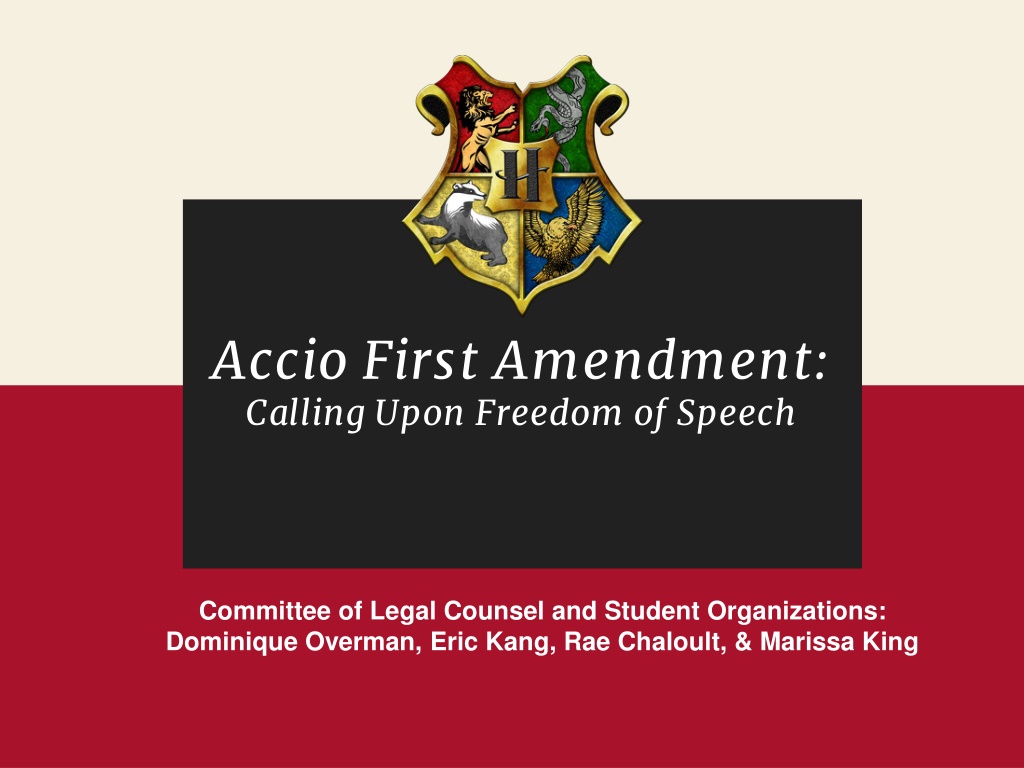

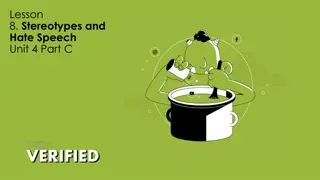

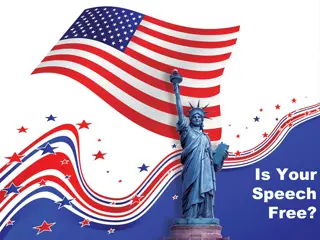
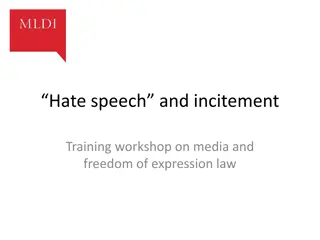
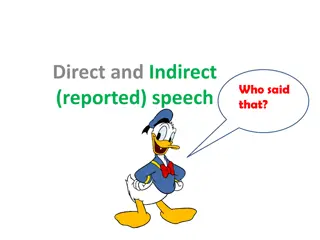

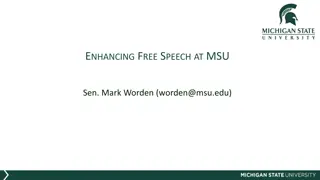
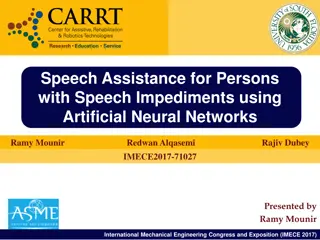

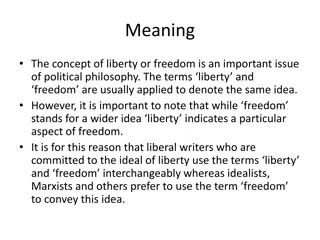
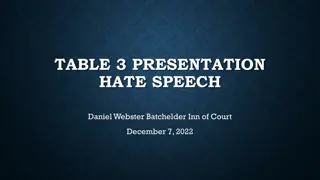
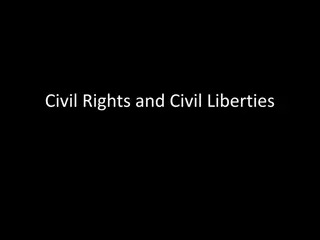

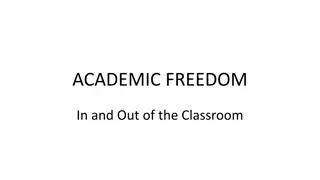
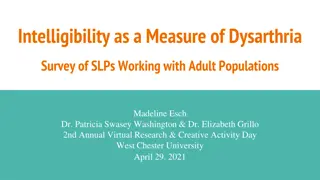
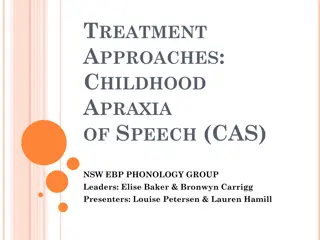
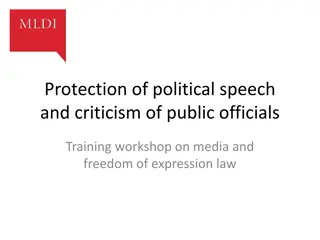
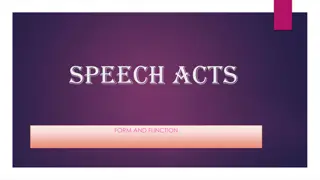
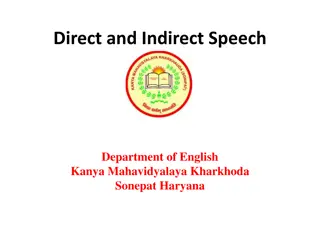
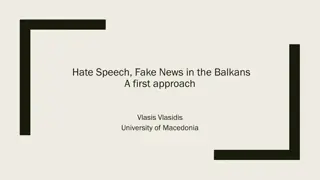
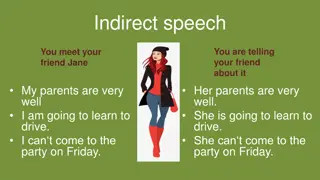

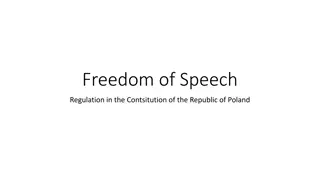
![Prevention and Combating of Hate Crimes and Hate Speech Bill [B.9B.2018]](/thumb/60513/prevention-and-combating-of-hate-crimes-and-hate-speech-bill-b-9b-2018.jpg)
